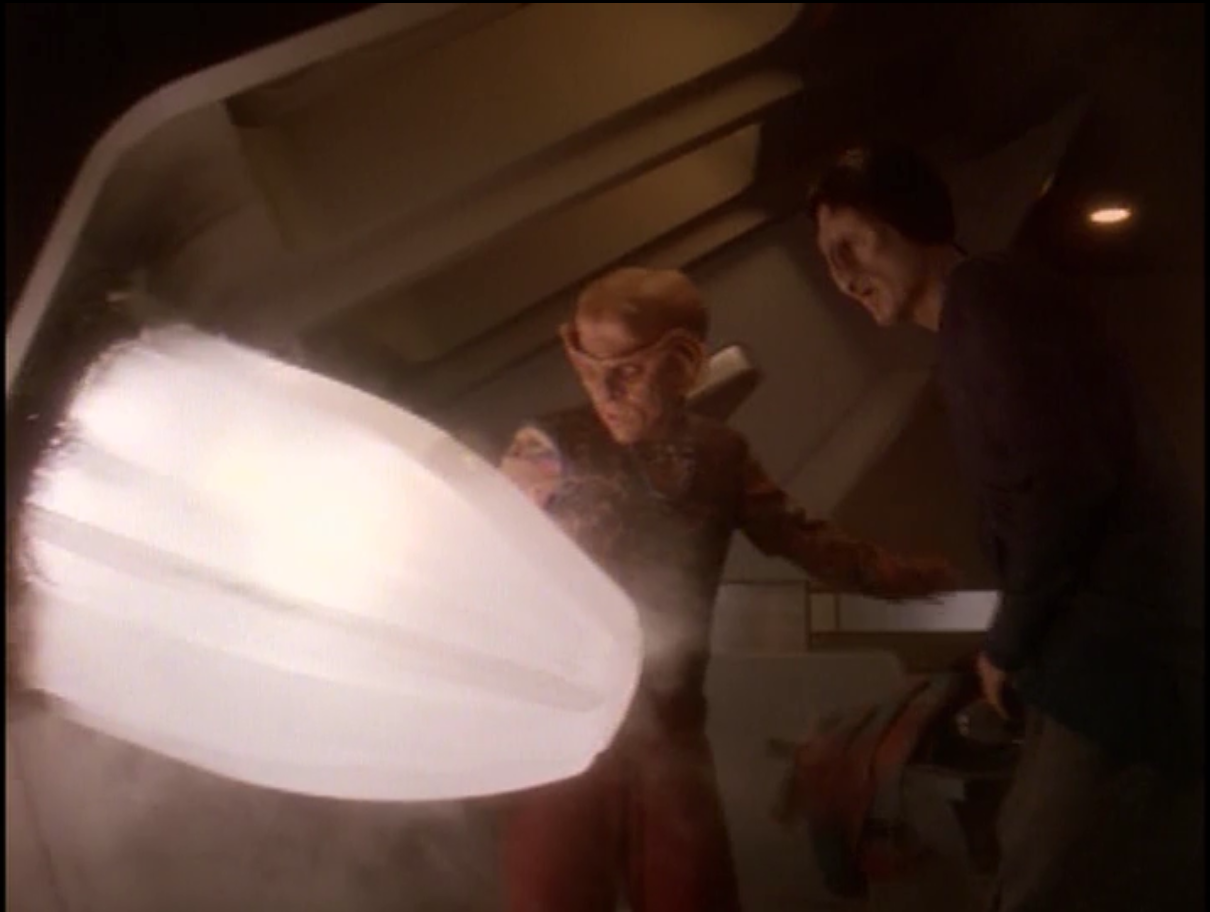Yeah, that General probably wasn't a registered Democrat.
Both the political parties were pretty much unrecognizable from their current composition!
Yeah, that General probably wasn't a registered Democrat.
Both the political parties were pretty much unrecognizable from their current composition!
Well, Truman was active in fighting the spread of communism, and Eisenhower bemoaned the military-industrial complex. I think that the general's animosity reflected Democrats' more active managing of defense.Both the political parties were pretty much unrecognizable from their current composition!
I'll take your word for it as I am not well versed in the history of the American political parties. I am always amused by the fact that the red states are the ones on the right while it's practically the opposite in every other country (with a democratic system that is).
Well, Truman was active in fighting the spread of communism, and Eisenhower bemoaned the military-industrial complex. I think that the general's animosity reflected Democrats' more active managing of defense.

Truman's relationship with the military was complex. Going into Korea wasn't necessarily done at a time when the US was at high preparedness, coming just after WWII. Relieving MacArthur wasn't particularly popular. I get the impression that the military saw him demanding more of them without giving them the autonomy they wanted. Conversely, Eisenhower seemed more dedicated to using non-military policies to build alliances in lieu of military development. True, the military-industrial complex trope emerged only at the end of his presidency, he gave many speeches throughout his presidency in which he talked about how spending on the military depleted resources for developmental policies that might be useful averting war. He was always concerned about that trade-off.Shortly after the end of WW II, the military was very popular with both parties. Truman was making sure most of Western Europe stayed (small d) democratic, but it didn't seem as compelling as it did after the Communist Chinese revolution of 1949. Eisenhower's "military industrial complex" speech was in his farewell address in 1960, quite a bit later, and he didn't do much of anything to restrain the military-industrial complex while he was president.
That particular general was down on Democrats, but in 1947 there was no expectation that military leaders would usually belong to one party.



Hm. I rather enjoyed the episode myself, but probably just enough to give it a 7 rather than a 6.

Ananta, it’s so rewarding to have these thorough, perceptive reviews - and a good excuse to rewatch the episodes, a quarter century old but still compelling entertainment.
I enjoyed “Starship Down” - thought it was a fairly strong ensemble episode, and I agree it’s like TNG “Disaster”--the crew stranded in different parts of the ship. To me, the weak spot was - did Sisko really need to risk everything to rescue the Karemma ship? That felt a bit forced. But, meaningful dialogues throughout --Kira telling Sisko old Bajoran stories to keep him awake, O’Brien helping Worf work better with the engineering crew, Quark and Hanok joking about the the defective torpedo (“Maybe I should offer them a refund!”), Bashir and Jadzia hugging in the turbolift, recalling his early attempts to get close to her.
You could tell James Cromwell had fun doing this one. Surprisingly, to me anyway, he was married to Julie Cobb, who played Leslie Thompson in TOS.

“STARSHIP DOWN”

“Is that a torpedo or are the Jem’Hadar just pleased to see us?!”
Although I quite enjoyed this episode (more so than I remembered), it is clearly the weakest of the first half of the season and, indeed, one of the weakest of the season as a whole.
I could still have done without Kira's stupid story. Boy, these Bajorans are dull... I can understand Quark's frustration with them.


We use essential cookies to make this site work, and optional cookies to enhance your experience.
